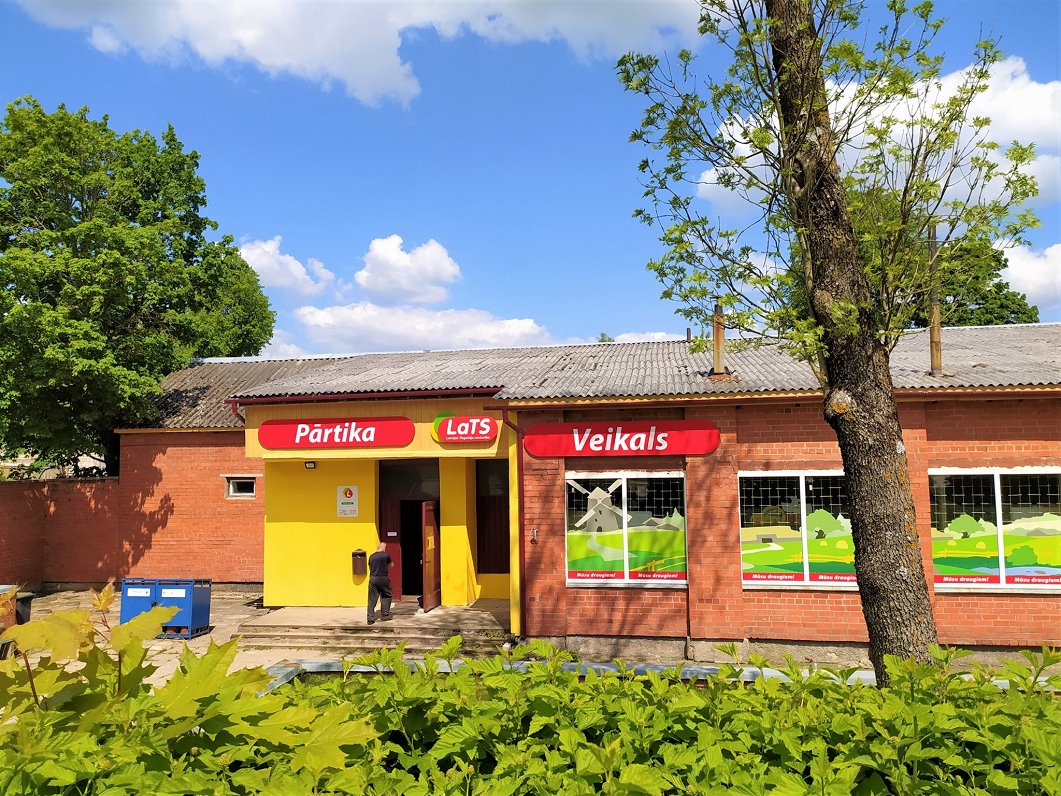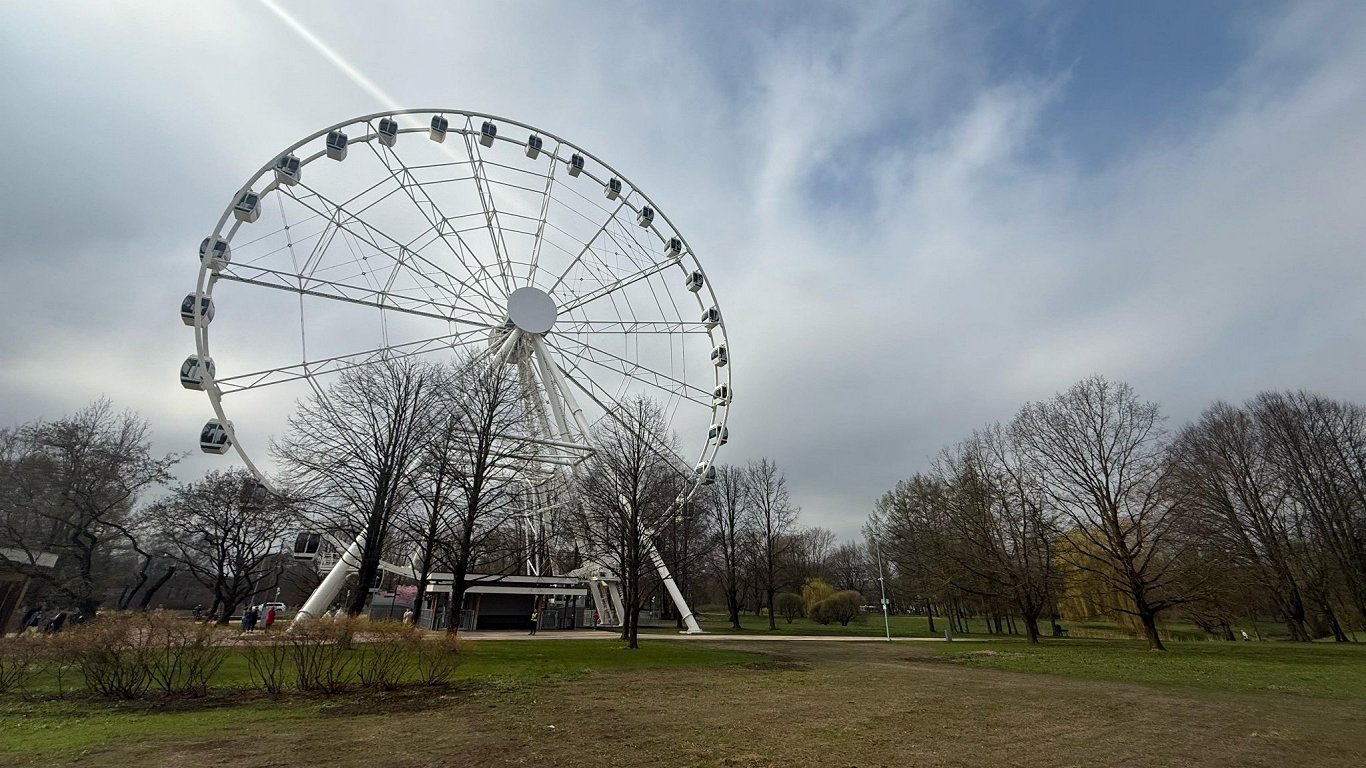The existence of small rural shops is under threat, and traders are raising the alarm. There are several reasons – high taxes, competition with larger retailers and people’s changing shopping habits.
One suggested solution is seen as closing shopping malls on Sundays.
The existence of small grocery stores was brought to the attention of former Valka County Council Chairman Vents Armands Krauklis on social media this week.
“In recent days, I have met several owners of small grocery stores who are either planning to close their stores or hoping to sell them. The financial situation of their customers is not improving, but worsening, and there is nothing to hide – the young are shopping more online, while the old are dying out,” he wrote.
Latvian Radio contacted one such store owners. She did not want to speak publicly, but did not hide the fact that the tax burden is too high, which she can no longer bear. The second reason is that there are specialized stores nearby, whose prices are lower. The store owner also added that she has worked in sales for 46 years and it seems like it’s time to call it quits.
Assessing this situation, Henriks Danusēvičs, president of the Latvian Traders Association, sees the main problem in Valka being that there are a lot of specialized alcohol stores on the border with Estonia, where prices are lower than in everyday grocery stores.
“In regular stores, alcohol compensates for the small markup that is placed on basic necessities – bread, milk, and others,” Danusēvičs explained.
“If the store doesn’t carry alcohol, then you have to think about what to do with the discounts. And then it turns out that the goods that are essential for buyers are more expensive. As a result, the store starts to lose customers, because people either go to Estonia or go to the big store,” he explained.
The situation with small rural stores is complicated. Government officials have announced that merchants are charging high markups, but they do not name exactly who they are.
The Competition Council has already reported on global players who impose very high markups, but without naming anyone, it is casting a shadow over all traders.
“So far, I don’t see any light at the end of the tunnel, because no state official has said that small and medium-sized businesses need to be supported. This policy has been forgotten, currently no one is interested in small businesses,” Danusēvičs assessed.
Raimonds Okmanis, chairman of the board of the “Lats” chain of convenience stores, many of which are in rural areas, is also concerned:
“The fate of small stores that are not in the network is bleak, but the fate of small stores that are in the network is also in a minor key. Because our observation is that especially in rural areas and small towns, these small stores are closing. Quite a few are closing.”
The reasons are various. First, the lack of labor. It is currently very difficult to find new employees. Secondly, shopping habits have changed. Influenced by advertising, a large part of the population goes to supermarkets and spends their money there, even though prices are often more attractive in small stores, says Okmanis. However, he believes there is a way out of the current situation.
“Close supermarkets or shopping malls on Sundays. That way we could spend more time with our families, in the fresh air and visiting small shops, but without sitting in a supermarket and spending [time] in dusty, cramped spaces eating unhealthy food,” he said.
Rural development should also be encouraged. Currently, rural areas are slowly emptying, schools are closing, and as a result, there are fewer buyers.
Politicians currently do not have a clear vision for how to develop rural areas, the head of the “Lats” chain added. However, nor do traders have accurate data on how many stores have closed in recent years.






